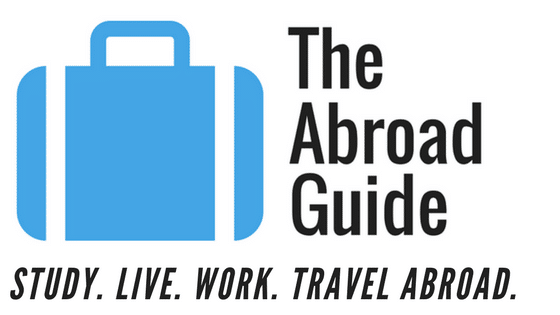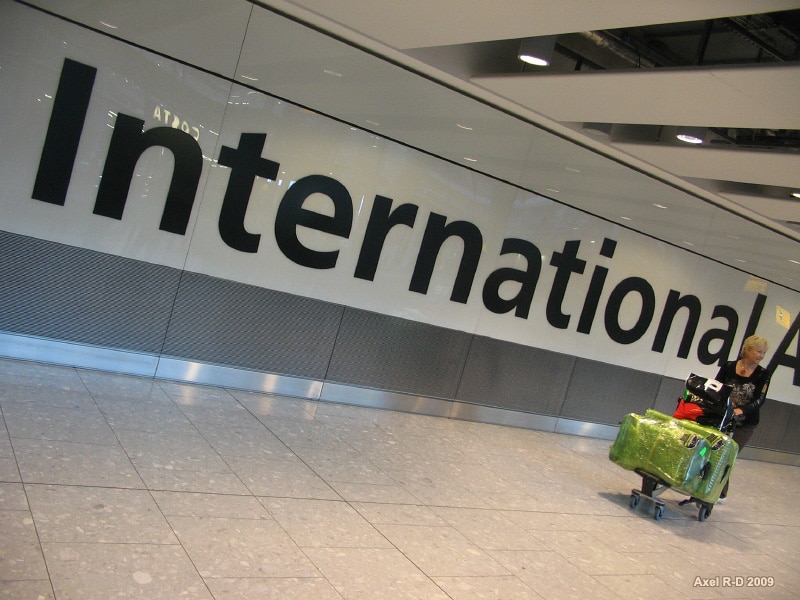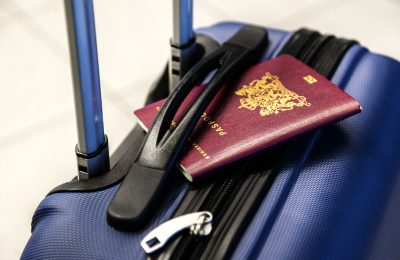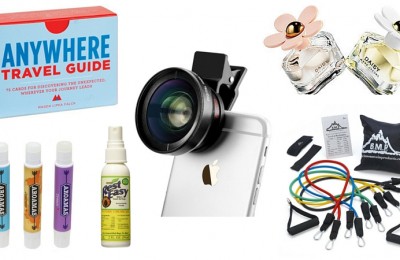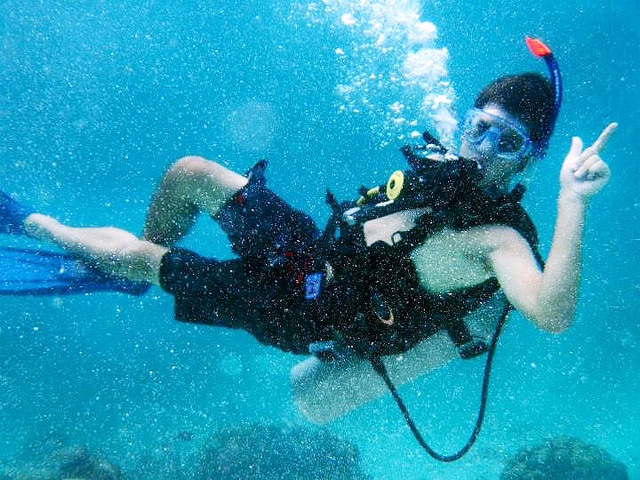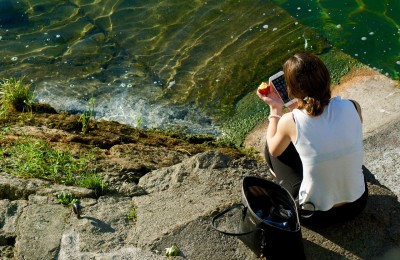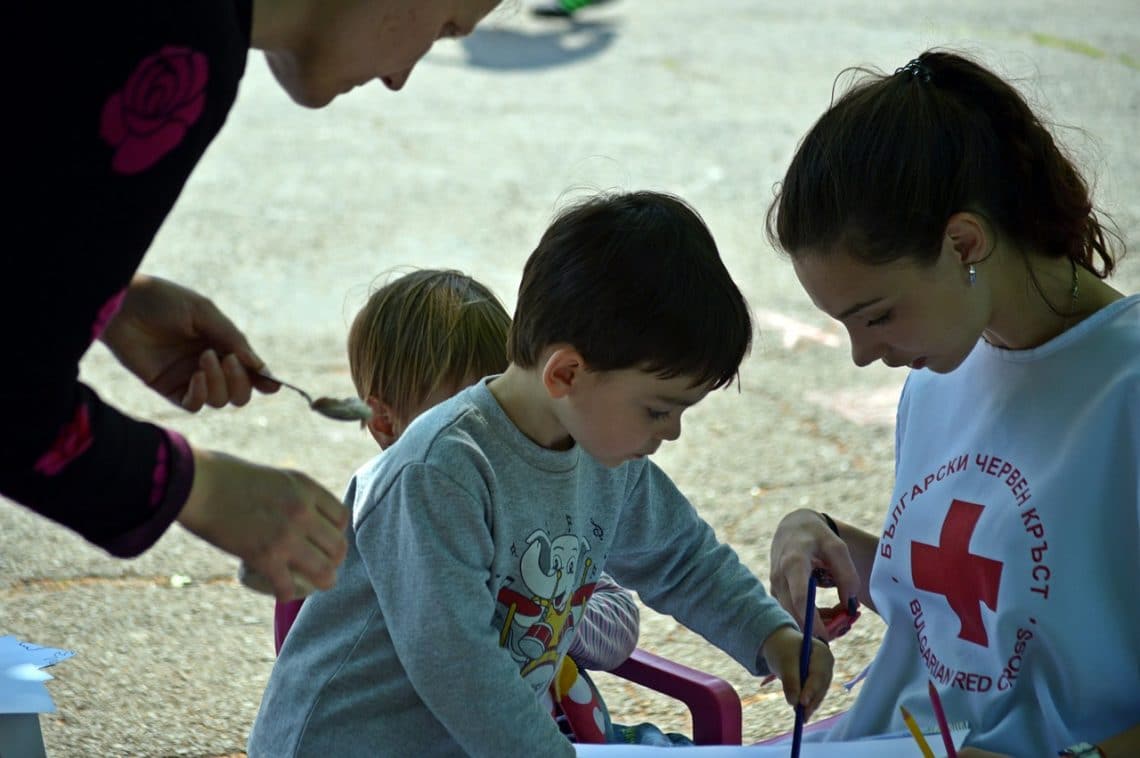Why study abroad?
If you don’t have any family members or close friends who studied abroad before you, then you might not know why you should study abroad. It’s hard to see the benefits if you’re not getting first-hand experience from a past study abroad student.
But a study abroad semester will improve your life, your character, and your resume, in many ways. So as a past study abroad student that, after a semester in Belgium, launched a life-long travel journey (I’m eight years in, with a stint in Italy and now permanent residency in London), I’ll tell you nine non-bull sh*t reasons why study abroad will impact you positively.
You realise how different other cultures are
I remember studying abroad and thinking, wow, I always thought America was great, but actually, other countries have us beat in many areas of life… I essentially began to question everything I had ever known about living in and being American, like our attitude towards the environment, the healthcare system, etc.
Talking to people from other cultures about what their life is like, what they think of their government, what they think of Americans… it’s all incredibly fascinating and you get so much opportunity to experience many different cultures that intimately during a semester abroad. That’s why study abroad is so life-changing.
You learn to live with less
Pretty much no other culture in the world puts an emphasis on material things and “excess” as much as we do in the US. It’s always about getting a bigger house, a better car, more electronics, more more more.
Studying abroad will show you that you can actually live on a lot less and still be incredibly happy. Of course, you’ll have limited things with you during your semester (keep it to one checked bag if you can!) but that’s just the beginning. Depending on where you study, you’ll likely find out how to successfully do laundry without a dryer (or how to go to a laundromat!), how to make your small space feel like home with very few items, and how foreigners deal with living with no air conditioning, which is very common in Europe and other parts of the world, even in hot climates.
You’ll be pushed out of your comfort zone, but it’s incredibly invigorating to realise you don’t need all of the stuff, and in fact, you will be even happier without it, plus have more money to spend on cool stuff like weekend travels. Take it from me… almost 10 years after my study abroad semester, and I’m still applying those “minimalistic” tendencies to my life. It’s awesome.
You get international experience
International experience is a good thing to have for most aspects of life. Knowing how to interact and respect a culture that’s unfamiliar to you is a skill that you might not learn unless you go abroad. Beyond work, this skill is so helpful when dealing with foreign people in day-to-day life, and who knows, you might end up in a relationship with someone from a different culture, and having that study abroad experience will help you with build a successful relationship with this person as well as their family and friends.
You improve your communication and language skills
One of my biggest regrets when I studied in Belgium is that I didn’t attempt to learn Flemish. That’s partially due to my program leaders not at all encouraging it, but looking back, I think it would have been a cool thing to do.
If you’re studying in a non-English-speaking country, I really recommend working hard to improve your language skills. It will help enhance your study abroad semester and give it more purpose, but also will help you with future job applications and interviews to be able to say you know another language, even if it’s just the basics.
If you’re studying in an English-speaking country, you’ll still improve on your communication skills, so don’t forget to mention this when applying for jobs. All English-speaking countries have different communication styles and nuances, which you’ll likely pick up during your semester. That knowledge will make it easier to make foreign friends in future, and to communicate with international colleagues and clients during your career.
You can add it to your resume
Study abroad, as a whole, is a great thing to highlight on your resume. You have international education experience, and have also acquired the skills mentioned above, which, in this highly-international world, is a huge benefit that not many Americans can say they have.
Read next: How to Include Your Study Abroad Experience on Your Resume
You can talk about it in future interviews
You should definitely bring up your study abroad semester in your future interviews. In fact, it’s great for answering questions about problem solving and group work. During your semester, you’re likely to have to problem-solve something in a group, like a missed flight or organising a huge travel group for a special event. It’s not only is that an interesting story, it’s a completely valid answer to those types of questions and shows why study abroad was a big part of your recent development.
You make really strong friendships
I studied abroad with other students from my school, and they became my absolute best college friends after our study abroad semester. We had had experiences together that no one else could understand, and they were there as I learned so much about myself, and had some down periods during my semester.
Even though we’ve all grown apart, I can show up to a city and know that one of my study abroad friends would be down to catch up over a drink, no questions asked. That drink usually turns to a few as we reminisce about the crazy things we did in college, however 😉
Read next: How to Make Friends With the Locals While Studying Abroad
You learn how to do things on your own
You don’t realise how “coddled” we are as university students, especially American ones, until you study abroad. Things as simple as getting laundry done or sending a postcard are often way more complicated abroad than in the US, especially with a language barrier, but instead of letting that discourage you, figure out how to do it on your own, and then pat yourself on the back for your little win. It’s all part of the experience, and is helping make you into one badass human being.
Read next: How to Study Abroad for Free: 10 countries Where You Can Do It
You experience new places for a fraction of the cost
Take it from someone who’s now a few years past graduating college… once you start earning regular money, you’re less likely to want to stay in hostels, eat street food, take cheap 10 hour bus rides to get between cities, and everything else that comes with “traveling on a budget”. So, sadly, most “adults” don’t travel abroad much, if at all, because of the cost of it.
But, when you’re studying abroad, you’ll be totally down for the budget stuff, and that’s actually the fun part. Staying in a hostel is more exciting when you’re with five of your friends, you’ll love exploring street markets together to find the best food, and that cheap flight on a budget airline isn’t so bad when you’re just so excited to visit a new place with your friends.
Take advantage of being young and with like-minded people who also don’t want to spend a lot of money… for most people, there’s a small window of time for that.
All of these reasons are why study abroad will improve most aspects of your life and shape you into a cool, well-rounded and respectful human being. Now… go find yourself the perfect study abroad program for you!
